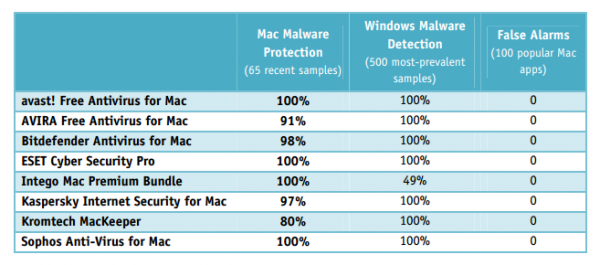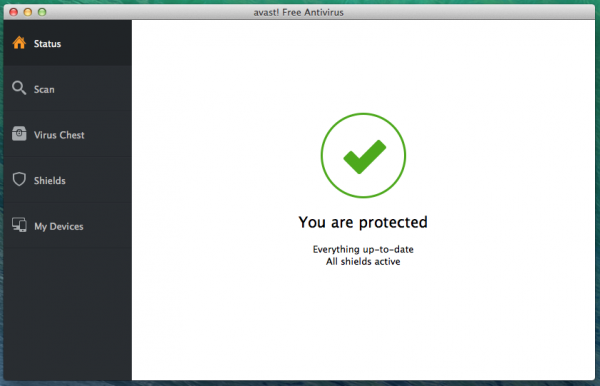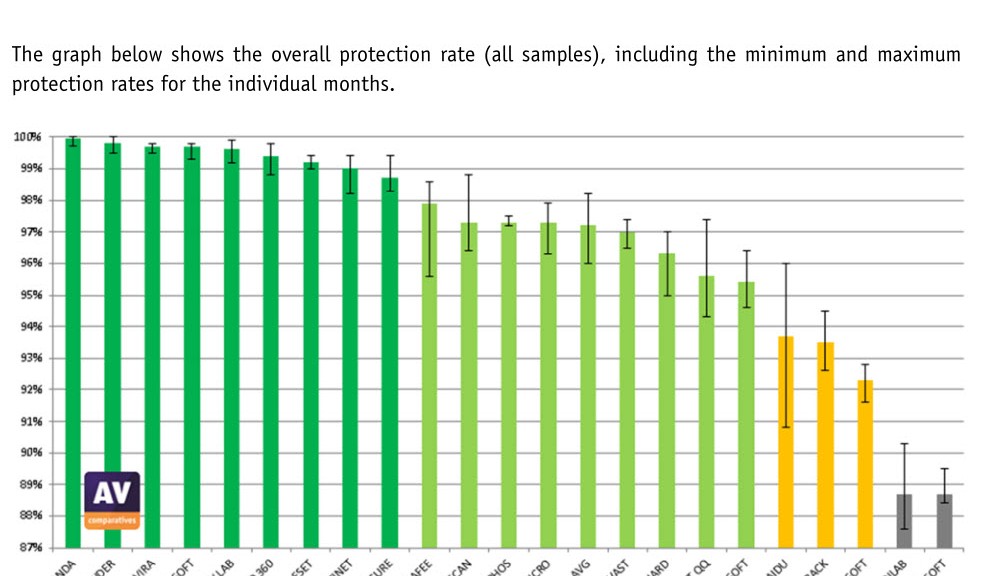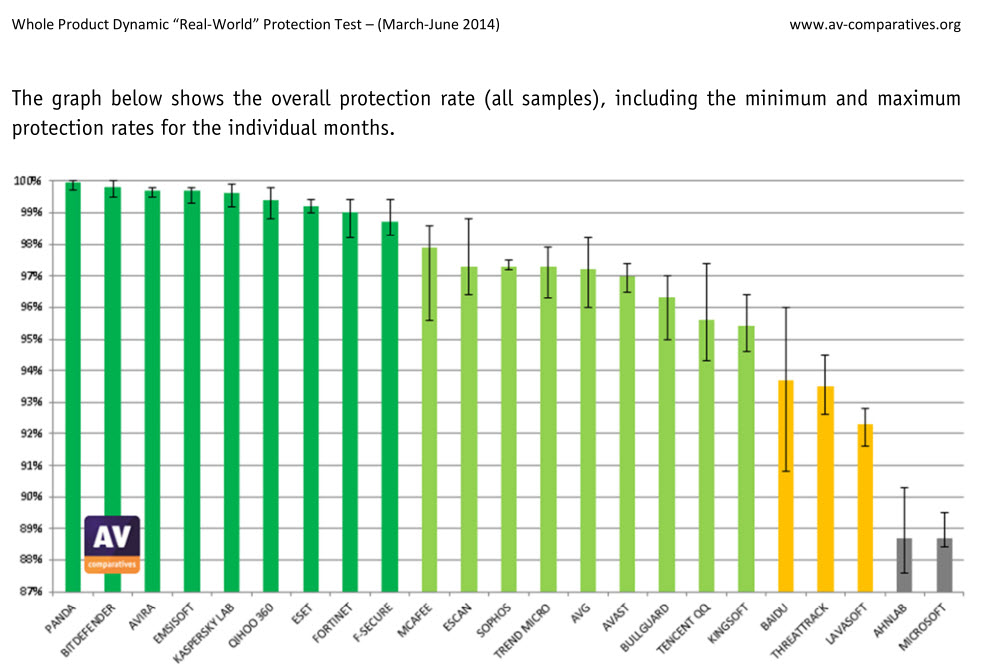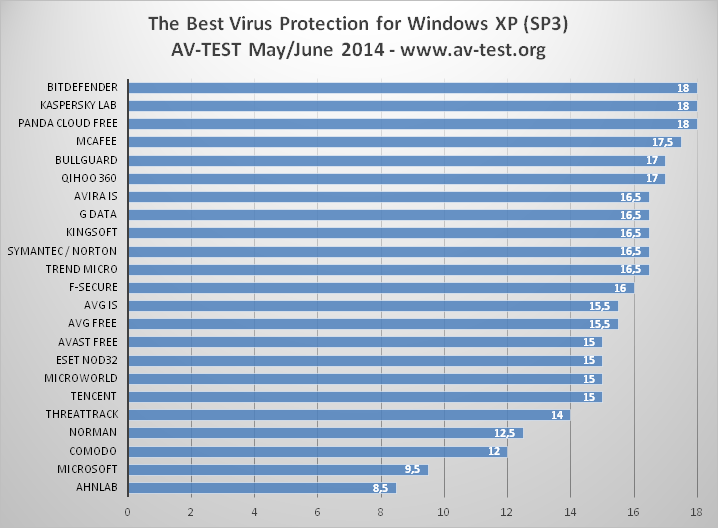
Avast received the AV-Test certification for home use products.
Do I really need security on my computer anymore?
Over the years, web standards have improved and the security of operating systems and browsers have become better. Because of these advances, some people question whether they need security protection at all. But you need to remember that in parallel to positive advances in protection, cybercrooks have improved their skills and become more stealthy and targeted.
Hackers are no longer mischievous kids breaking into government agencies because they can. “These days, cybercrooks have to make business driven-decisions like the rest of us because their resources are limited,” said Ondrek Vlcek, COO of Avast.
Current malware is often disguised as legitimate applications, malicious Android apps sneak by protocols of the huge download sites, and home and business networks are being attacked via weakly protected routers.
“Threats are no longer just targeting devices, but accounts and routers. A recent example is the iCloud hack where cybercrooks stole personal photos of more than 100 celebrities, including Jennifer Lawrence and Kate Upton,” said Vlcek. “This attack happened via their account and can as well be the result of a router hack. No matter which device you use, all Internet traffic flows through your router so you have to make sure it is secure. You don’t have to be Jennifer Lawrence to be attacked.
Not your father’s antivirus protection
Antivirus protection has come a long way since it scanned individual files. Avast has taken modern virus protection to a high art with real-time updates and heuristic scans that detect new threats it’s never even seen before.
Avast performs so well in protecting against “real-world” threats such as Trojans, worms and viruses as well as web and email threats, that it just received the AV-TEST certification for our home user products.
Avast scored perfectly in the detection of widespread and prevalent malware discovered in the last 4 weeks, and had very little incidence of disruptions caused by false positives. Our consumer products have basically no measurable impact on the performance of the computer while doing things that the average user does on a daily basis: Visiting websites, downloading software, installing and running programs and copying data.

